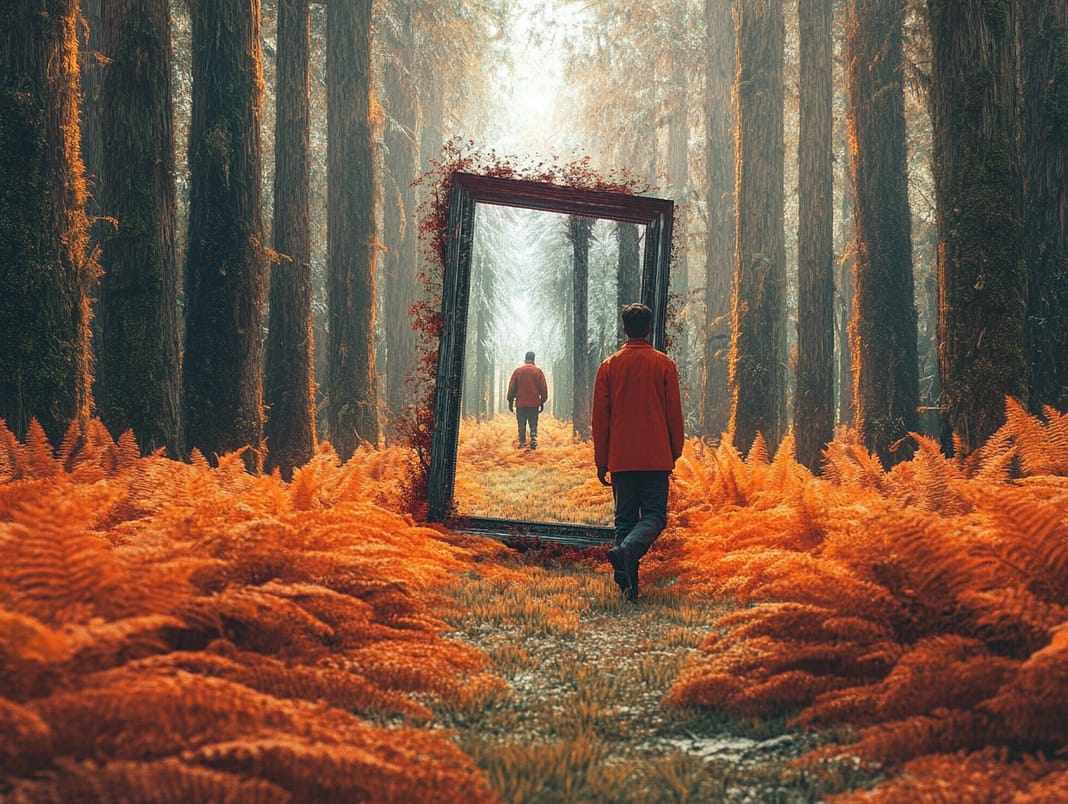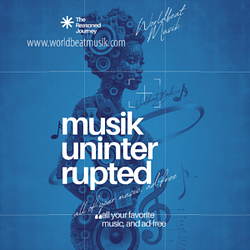Truth has always been a heavy thing. Not the kind of weight you carry in your arms, but the kind that settles deep into the hollow spaces of your chest. It demands a reckoning. It stretches across every fiber of our existence, pulling, straining, until you cannot ignore its presence. But what happens when the truth comes not as a savior but as a destroyer, tearing apart the very scaffolding that holds our lives together? Does truth always matter? Or are there moments when a lie—a deliberate turning away—holds more mercy than truth ever could?
Some say truth is sacred, a compass for the soul, and without it, we are adrift. Socrates, in his defiant final hours, declared that “an unexamined life is not worth living.” To him, truth was the foundation of human dignity. Without truth, we are ghosts, walking through the world without touching it, without ever fully seeing ourselves. He believed that no matter the discomfort it brought, truth was the only path to freedom—a liberation that often comes through fire. To live without truth is to live enslaved by illusions, and perhaps that is the most damning loss of all.
But not all truths come dressed as liberation. Some truths do not set us free; they chain us to despair. Friedrich Nietzsche understood this better than most. He warned that not every truth is worth knowing, that some truths erode rather than uplift. Sometimes truth doesn’t build; it tears down, leaving in its wake a barren field where no seeds can grow. He saw that people often turn away from truth not out of cowardice, but as an act of survival. To strip away the illusions people wrap themselves in is to risk unraveling the fragile thread that holds their sense of purpose, their will to keep moving forward.
And so, the question remains: if truth has the power to harm as much as it heals, is it always worth pursuing?
The world we live in now—where facts are debated, where the lines between truth and belief blur with dizzying speed—makes the question of truth all the more urgent. A quick glance at the headlines reveals the stakes. Does knowing the truth about climate change matter if people refuse to act on it? Does uncovering corruption bring justice if systems are too entrenched to change? Can knowing a partner’s betrayal save a relationship, or does it simply mark its end? The answers are not always as clear as we’d like them to be.
Psychologists tell us that humans are wired for comfort as much as they are for clarity. Research published in The Journal of Positive Psychology has found that individuals who cling to “positive illusions” often report higher levels of happiness and resilience. These illusions—a belief in one’s invincibility, the fairness of life, or the permanence of love—act as a buffer against the storm of existence. They are not true, but they are steady. And sometimes, steady feels like salvation.
But does happiness built on falsehoods endure? Perhaps this is where truth reveals its quiet, unrelenting power. Lies can soothe, but they erode the foundation beneath our feet, often slowly, until one day we find ourselves sinking. Truth may be hard, even unbearable, but it anchors us to reality, forcing us to reconcile with the world as it is, not as we wish it to be. It insists that we adapt, grow, and change. And while this process is rarely gentle, it offers something lies never can: the chance to face ourselves fully and without pretense.
The choice between truth and comfort is perhaps best captured in the cultural moment The Matrix gave us—the red pill or the blue pill. Take the red pill, and you wake up to a world stripped of its illusions, where the truth, raw and unvarnished, is all that remains. Take the blue pill, and you return to the cocoon of ignorance, the bliss of not knowing. Both choices come with consequences. To choose truth is to accept the burden of knowledge and all the grief it may carry. To choose ignorance is to forfeit agency, to surrender to the ease of being led.
Neither choice is easy.
But life rarely gives us a pill to take. Instead, it offers a slow, relentless unveiling, a truth that comes in fragments and whispers, often uninvited. Sometimes it comes in the words of a doctor explaining a diagnosis you cannot outrun. Sometimes it comes in the quiet realization that someone you love is not who you thought they were. Sometimes it comes in the way the earth heats and the oceans rise, no longer waiting for us to decide whether we believe it or not.
The truth is not always kind. It can dismantle dreams, unravel relationships, and call into question everything we thought we knew. But it also clears the ground for something new to grow. There is a strange beauty in its brutality, a way it forces us to confront not just the world but ourselves. When we face the truth, we face our own capacity for resilience, for reinvention, for survival.
And yet, there are times when turning away feels like mercy. Parents shield children from truths they are not yet ready to bear. Friends withhold harsh words out of kindness. Partners cling to the illusion of “we” even when cracks begin to show. These moments are not betrayals of truth; they are acts of grace, a way of holding space for the fragile, the tender, the not-yet-ready.
But grace cannot hold forever. Eventually, the weight of what we deny will demand its reckoning. The longer we resist, the heavier the truth becomes, pressing down on us until it cannot be ignored.
Does truth always matter? Perhaps the better question is: what kind of world do we want to build? One where truth is a foundation, no matter how difficult it is to lay? Or one where illusions protect us, offering temporary shelter but no lasting structure?
If truth is the price of freedom, are we willing to pay it?
The answer is deeply personal. It is shaped by the values we hold, the lives we lead, and the fears we carry. But whatever choice we make, let us remember this: truth does not vanish simply because we turn away. It waits, steady and unyielding, for the moment we are ready—or forced—to see.
What truths are you holding onto? Which ones are you running from? Share your story below. This is your space, your moment to wrestle with the weight of truth. And if this reflection moved you, share it with someone who may need it today. Truth, after all, is not just what divides us. It is what connects us, too.
Discover more from The Reasoned Journey
Subscribe to get the latest posts sent to your email.


